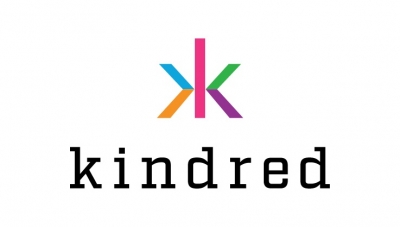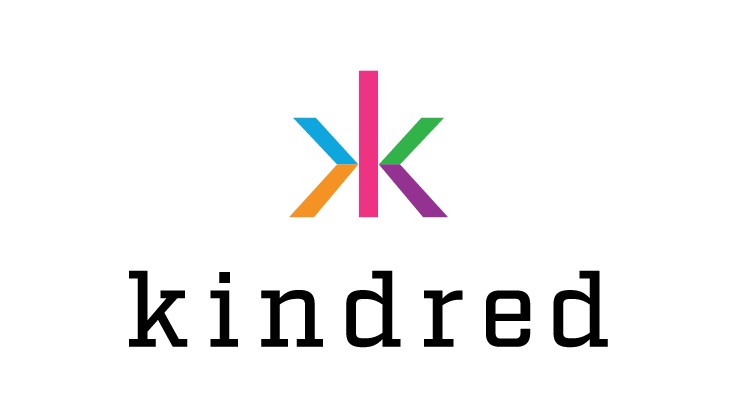 ( Click to Enlarge )
( Click to Enlarge )
A big fine has been levied against Kindred Group from the Swedish Gambling Authority. It appears that their policies that require protections against money laundering and other rules have been broken, which has led to a fine worth around €1 million.
Kindred Group Hit With Massive Fine From SGA
The Swedish Gambling Authority has put their foot down on what they allege are certain policy breaches by Kindred Group. These types of rules are a pretty big deal, so when they’re broken, we often see large fines. That’s exactly what has happened in one of the biggest fines the SGA has ever imposed. Even in the global arena, it’s one of the largest fines we’ve seen.
The total fine came in around SEK 10.9 million, which is worth right around €1 million.
When fines of this type come in such a huge fashion, it’s normally due to one of two reasons. First, it can be about not following guidelines that help to prevent money laundering and terrorist financing. Additionally, it can be about not verifying income for players who go over certain wagering limits. Many times, we see both sets of policies not being followed at the same time. However, in situations where this is the case, we often see record-breaking fines. As such, it’s easy to understand why this particular fine is so large.
Income Verification and Means of Wagering
The first area where Kindred is alleged to have come short is with income verification. For example, if someone breaks past certain amounts of wagering over a given period of time, a check is necessary. This helps to identify situations of problem gambling for one. Additionally, it can assist with preventing people from playing with stolen funds. Each of these situations need attention, albeit for different reasons.
From January 2019 through February 2022, the SGA determined that Kindred Group wasn’t handling these checks properly. To remedy the situation, they’ve implemented “Enhanced Due Diligence” processes. Note that in this context, “due diligence” is the name given to checking up on a player’s income status. Overall, it looks like Kindred has gotten hold of the situation. Accordingly, we’ll be surprised if it continues to be an issue. We suspect they even have chances to get a partial or complete fine reduction. However, we’ll get into the details of that below.
One such procedure that has been implemented concerns suspicious transaction reports. Often called an STR for short, such a report can be submitted to financial police in situation where a customer refuses to verify their income and means of wagering when it’s requested. Additionally, such refusal can lead to account closure.
Anti-money Laundering Policies
Another area where the SGA claims Kindred wasn’t holding up their licensing policies is with their anti-money laundering policies. However, the processes for managing this are actually quite similar to the above. It really all comes down to verifying the source of funds for accounts that break certain thresholds. This helps in a variety of ways and is generally considered a best practice anyway.
Online gambling funds can often be used in money laundering situations if they aren’t monitored. For example, illicit funds can be played over several times until a big win happens. Additionally, this can happen across several accounts. While they’ll lose money overall, that is considered a price of doing business for criminals. Once a big win rolls in, that money has been “cleaned” from the eyes of the law. That’s because it now appears to have a legitimate source.
Potential for an Appeal
In many of these situations of large fines, the potential for an appeal seems minimal. However, in this particular scenario, it may be more likely than usual. We say that because we’re seeing that Kindred has already remedied most or all of the problem processes. Those are the processes that allowed these violations to happen in the first place. Additionally, it seems as if some of them may have already been corrected in the meantime. That is to say, they were corrected between the period of the investigation and when Kindred was notified.
Consider the case where they fixed these problems before they were made aware of them by the SGA. If that happened, then we can see an argument for appealing the fine. Even a partial reduction in the size of the fine would be a win when it’s worth approximately €1 million.
